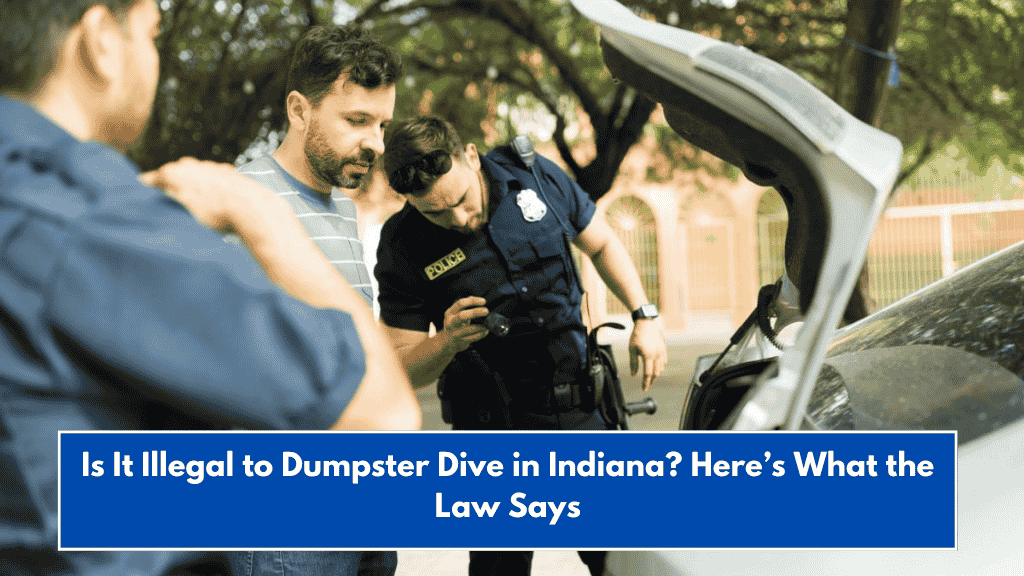Maryland police generally cannot search your phone during a traffic stop without a search warrant, unless you give consent or a rare emergency exception applies.
Warrant Requirement and Recent Rulings
- The U.S. Supreme Court’s Riley v. California (2014) established that police need a warrant to search a cellphone, even after an arrest.
- Maryland’s highest court has reinforced and expanded these protections. In Richardson v. State of Maryland (2022), the Court of Appeals ruled that search warrants for cellphones must be specific, limiting searches to information directly related to the suspected crime.
- Blanket or overly broad warrants that allow police to search “all information” on a phone are unconstitutional. Warrants must specify what data is sought and where it is likely to be found (such as particular apps, time periods, or types of communication).
During a Traffic Stop: What Police Can and Cannot Do
- Without a Warrant:
Police cannot search your phone during a routine traffic stop unless you give them explicit consent. You have the right to refuse such a request. - With Consent:
If you voluntarily allow police to search your phone, they may do so. However, you are not legally required to consent. - Probable Cause/Emergency:
In very rare cases, if police believe there is an urgent threat (such as imminent destruction of evidence or danger to life), they may argue for a warrantless search. These exceptions are narrowly interpreted and rarely apply to traffic stops. - After Arrest:
Even if you are arrested during a traffic stop, police still need a specific search warrant to look through your phone.
Recent Impact and Police Practice
- Following the Richardson decision, some Maryland police departments, including Baltimore, have paused cellphone searches while they update their policies to comply with the new standards1011.
- Judges and police must now ensure that warrants are narrowly tailored, with clear limits on what can be searched and why.
Your Rights
- You have the right to refuse a search of your phone if police ask during a traffic stop.
- If your phone is seized and searched without a proper warrant, any evidence found may be challenged and potentially suppressed in court.
Maryland police cannot search your phone during a traffic stop without a warrant that is specific to the suspected crime, unless you consent or a rare emergency applies. Recent court decisions have strengthened privacy protections, requiring police to limit and justify any search of electronic devices















Nothing in this story about searching the phone. Misleading title to grab attention!